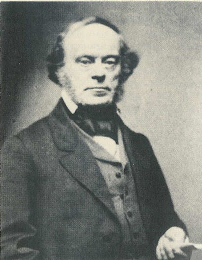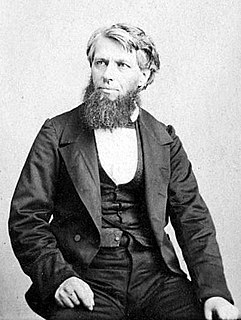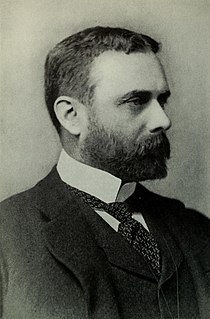A Quote by Marcus Tullius Cicero
Every man's reputation proceeds from those of his own household.
Related Quotes
An Athenian citizen does not neglect his state because he takes care of his own household; even those of us who are engaged in business have a very fair idea of politics. We do not regard a man who takes no interest in public affairs as harmless. We do not say that such a man 'minds his own business'. Rather we say he has no business here at all.
Among those whose reputation is exhausted in a short time by its own luxuriance are the writers who take advantage of present incidents or characters which strongly interest the passions, and engage universal attention. It is not difficult to obtain readers, when we discuss a question which every one is desirous to understand, which is debated in every assembly, and has divided the nation into parties; or when we display the faults or virtues of him whose public conduct has made almost every man his enemy or his friend.
Let us avoid debt as we would avoid a plague...Let every head of every household see to it that he has on hand enough food and clothing, and, where possible, fuel also, for at least a year ahead...Let every head of household aim to own his own home, free from mortgage. Let us again clothe ourselves with these proved and sterling virtues-honesty, truthfulness, chastity, sobriety, temperance, industry, and thrift; let us discard all covetousness and greed.
Where no man thinks himself under any obligation to submit to another, and, instead of co-operating in one great scheme, every one hastens through by-paths to private profit, no great change can suddenly be made; nor is superior knowledge of much effect, where every man resolves to use his own eyes and his own judgment, and every one applauds his own dexterity and diligence, in proportion as he becomes rich sooner than his neighbour.
A man must first care for his own household before he can be of use to the state. But no matter how well he cares for his household, he is not a good citizen unless he also takes thought of the state. In the same way, a great nation must think of its own internal affairs; and yet it cannot substantiate its claim to be a great nation unless it also thinks of its position in the world at large.
In a community of human beings working together, the well-being of the community will be the greater, the less the individual claims for himself the proceeds of the work he has himself done; i.e., the more of these proceeds he makes over to his fellow workers, and the more his own requirements are satisfied, not out of his own work done, but out of work done by the others.
And we shall most likely be defeated, and you will most likely be victors in the contest, if you learn so to order your lives as not to abuse or waste the reputation of your ancestors, knowing that to a man who has any self-respect, nothing is more dishonourable than to be honoured, not for his own sake, but on account of the reputation of his ancestors.
[D]emocracy will soon degenerate into an anarchy, such an anarchy that every man will do what is right in his own eyes and no man's life or property or reputation or liberty will be secure, and every one of these will soon mould itself into a system of subordination of all the moral virtues and intellectual abilities, all the powers of wealth, beauty, wit and science, to the wanton pleasures, the capricious will, and the execrable cruelty of one or a very few.











































